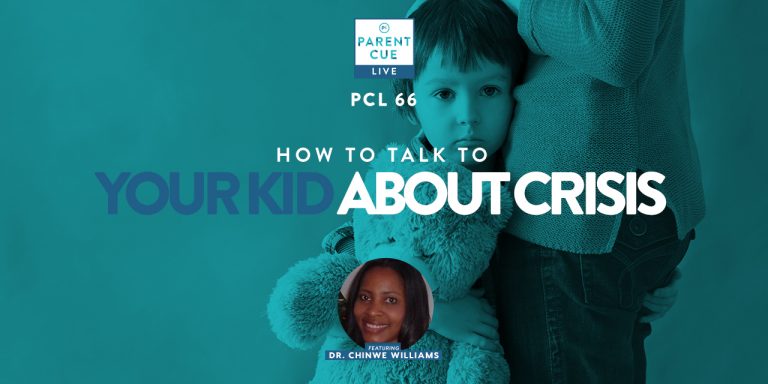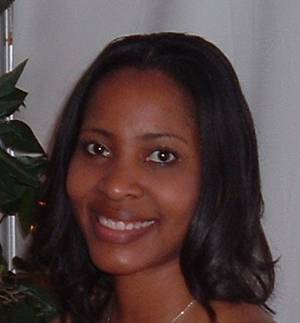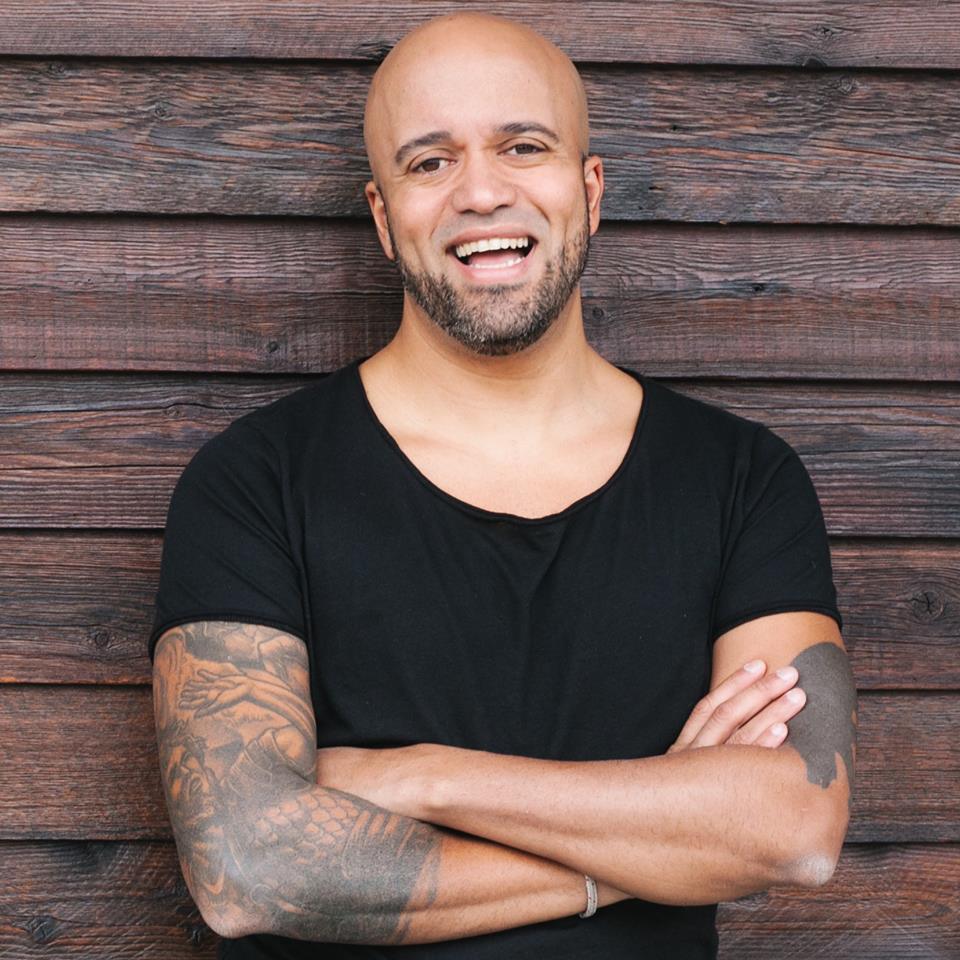
[soundcloud url=”https://api.soundcloud.com/tracks/417235035″ params=”color=#ff5500&auto_play=false&hide_related=false&show_comments=true&show_user=true&show_reposts=false&show_teaser=true” width=”100%” height=”166″ iframe=”true” /]
Dr. Chinwe Williams, a licensed professional counselor, shares age-appropriate tips on how to talk about crisis to a child or adolescent on today’s episode of the Parent Cue Live podcast. This is the final podcast in a two-part series.
YOUR CUE
- Don’t overwhelm your kids with information. In our desire to be transparent, sometimes we tell our kids too much. Take into consideration their age and level of understanding before sharing.
- Spend time outdoors. Spending time in nature has a grounding, calming effect and often makes kids feel safer. Make sure to spend time together outdoors and initiate conversations.
- Set up regular family time. Time spent together as a family tends to nurture open communication. Whether it’s a weekly family game night or going hiking together, use that time to ask your children about what they’ve been feeling and experiencing lately.
EPISODE RECAP
In part one of this two-part series, Dr. Chinwe Williams shares signs that indicate when your child is in a crisis. She describes a crisis as any psychological, environmental, or social shift that your kid may have trouble coping with. They may react externally or internally, and for each child, their personal crisis is different. These reactions are out-of-the-ordinary behaviors in your child, from clinginess and a sudden onset of thumb sucking to withdrawal from friends and things they liked to do.
So say you have noticed these changes in your kid. Now what?
Communicate with your child
Communication is the most important step in recognizing and handling when your kid is in a crisis, Dr. Williams shares. But that sounds easier said than done for most parents—whether you have a preschool-aged kid who is just mastering talking or a high schooler who’d rather talk to anyone but you, talking and understanding each other is difficult on the best days.
That’s why age-appropriate, open-ended communication is something parents must foster with their children. For younger kids, you can ask them to draw you a picture about how they’re feeling, or engage them in play. For adolescents, you’ll likely have to initiate the conversation again and again. If you’re getting nowhere with a direct approach, ask them how their friends are handling unsettling current events, etc. to open the door for personal feelings.
Above all, Dr. Williams says, with teens, parents should remember to be encouraging and not pushy.
“As a parent, we want what’s best for our children,” Dr. Williams says. “Sometimes the urge for parents is to push too hard and that has the opposite effect of what they’re really desiring.”
Tune in to the podcast to learn more about how to initiate tough conversations and important resources available to you and your kids.
MENTIONED IN THIS EPISODE
QUOTES IN THIS EPISODE
VOICES IN THIS EPISODE

DR. Chinwe Williams
Dr. Chinwé Williams is a Nationally Certified Counselor and a Licensed Professional Counselor (LPC) in the state of Georgia. She has served as a school counselor, counselor supervisor, and executive coach. Her expertise lies in the areas of trauma recovery, enhancing resilience, and adolescent development. She has taught at Georgia State University, University of Central Florida, and Rollins College and currently works as an Associate Professor at Argosy University-Atlanta. She maintains an active private practice in Roswell, GA, serving individuals, couples, adolescents, and young adults.

CARLOS WHITTAKER
Carlos is an author, speaker, and content creator living in Nashville, TN with his wife Heather and 3 kids Sohaila, Seanna, and Losiah. He is addicted to social media, his wife’s enchiladas, and is determined to have his daughters teach him to land a backflip on the trampoline by the time he is 45.

KRISTEN IVY
Kristen is the Executive Director of Messaging at Orange, Director of The Phase Project, and co-author of Playing For Keeps and It’s Just a Phase – So Don’t Miss It. She combines her degree in secondary education with a Master of Divinity and lives with her husband, Matt, and their three children, Sawyer, Hensley, and Raleigh, in Cumming, GA.
Did you enjoy this episode? Help us spread the word!
Hopefully, this episode has helped you find a few practical ways to “do family better.” If you appreciated it, we would love for you to rate or review the podcast on Apple Podcasts. Your rating and review help get the podcast in front of new parents and listeners. You can also click the buttons below to share this episode on your own social media channels. Thank you for listening!
Source: The Parent Cue





